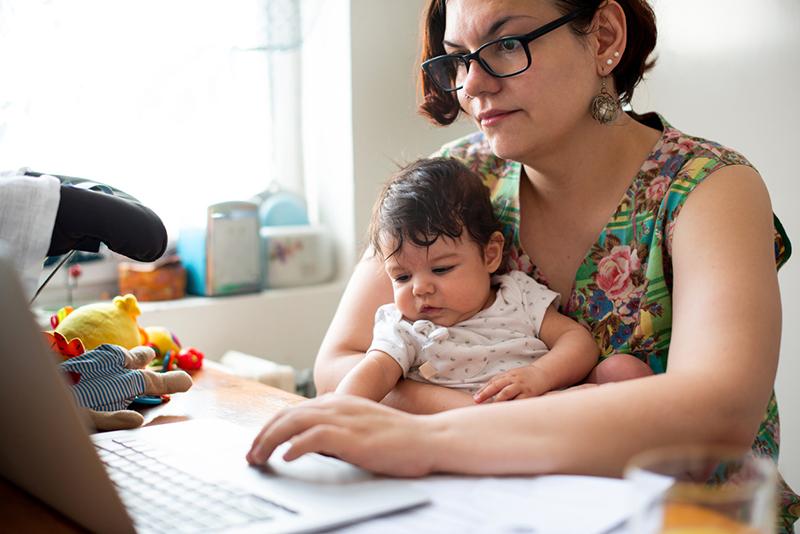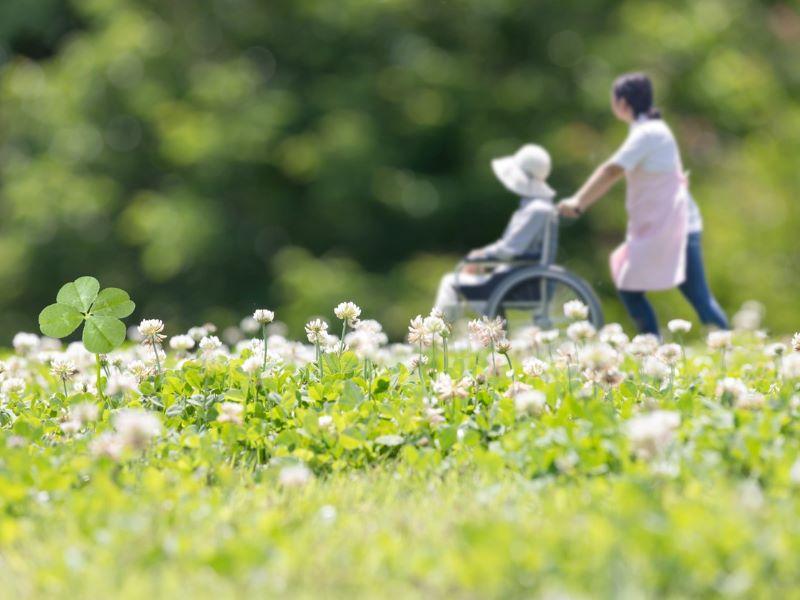The demands of a university job often become a challenge when combined with the demands of parenting. Giving a voice to parents, so that individuals aren’t seen as complaining or martyrs, raises awareness and builds a community. The loss of women from academia, as has been widely reported – and which is the impetus behind the Athena Swan charter – is part of the picture. As a result of a focus on retaining women, universities are becoming more family friendly, but there is a long way to go. And, of course, not all parents are women.
Formal networks can give parents a combined voice and provide a forum to share the pressure points that come when university staff and faculty mix research, teaching and service duties with parenting responsibilities. They can also work with human resources to develop guidance and awareness for managers. This is especially important for academic staff, where the gender balance is still working its way through to senior management.
At the University of Southampton, our staff networks include the Parent Carers Network (PCN), which brings together parents and carers from job roles across the university. Most members of the network are women. The PCN has a steering group, composed of volunteers with a variety of lived experiences in terms of caring responsibilities and job roles in order to provide a voice that represents as many parents and carers as possible. The central equality, diversity and inclusion team uses staff and student networks for stakeholder engagement with proposed policy. For example, proposed changes to our family leave policy were sent to all members of the PCN for comment, which was fed back through the network chairs at an engagement meeting. The Women’s Network was also asked for feedback on the same policy.
- Breaking barriers for women: closing the gender health gap in academia
- What can universities do to support academic couples?
- From prams to postgraduate degrees: how universities can support student parents
When I previously wrote for Campus about suggestions for return from parental leave, a lot of the advice came from my own experiences of return from two maternity leaves, based on positive and negative experiences. There is a large effect of becoming a parent or the primary caregiver.
Loss of identity is probably the first issue that is difficult to deal with. As an academic, you are what you do; you live and breathe it. That identity is lost when you become a parent. I remember wanting to return to work to find myself again. I didn’t feel part of the crowd at baby classes. I found the National Childbirth Trust group cliquey and oversharing. I longed to get back to work, but when I did, the struggle began. I couldn’t find the old me, because that person didn’t exist any more. Talking to other members of the PCN has helped me to see that I am not the only one with a lot to juggle, and it has been helpful to find out how others manage work-life balance. The PCN also runs events to help with this, such as a recent event focusing on the importance of self-care for parents.
Feeling overwhelmed is the next issue. Workloads should be manageable for all staff, but those with caring responsibilities are already juggling a huge mental load. Work should not reach overload. I found that the feeling of being overwhelmed increased after my second child. Having managers or mentors who are aware of the real-life challenges of parenting, and have recent experience of it, is vital to ensuring that staff do not overcommit themselves and providing a voice of experience, most usefully to first-time parents.
Universities are increasingly aware of mental health and well-being in our students, but we also need to be aware that it may be our colleagues who may be struggling. Managing everyday tasks, such as that growing pile of laundry, is also eased by being able to work from home when I don’t have commitments, such as teaching, on campus. Covid-19 lockdowns have shown that remote working can work well – and enhance work-life balance. Again, the PCN provides a forum for receiving independent advice. Its sister network, the Women’s Network, is developing a mentoring scheme, to find support from others within the workplace, and together providing a unified voice.
Loss of identity and feeling overwhelmed are both exacerbated by chronic sleep deprivation that comes with having young children. Babies wake up at night a lot because they are hungry or thirsty or need a cuddle. This doesn’t stop at a set age; every baby is different. Many universities have breastfeeding policies, which are mainly about somewhere to privately pump and store milk. However, breastfeeding demands on mothers are far more complex than using a breast pump in a lockable room (incidentally, pumping doesn’t work for many women). I personally found it hard to discuss with my male line manager and colleagues the challenges of waking up three times a night to feed my daughter. I felt too embarrassed talking about it, despite the effect on my general functioning and well-being, let alone trying to explain the difficulties of giving a double lecture after a bad night.
The PCN was involved in the development of a new and expectant parents’ room on campus. The name of the room is important because it invites new parents to visit campus during parental leave, as a family-friendly location.
My own children still love visiting campus, and to talk to the people I work with; it shows them who I am, not just their mummy, which is helping me to find the me who is a working parent.
Judith Lock is principal teaching fellow in ecology and evolution within biological sciences at the University of Southampton.
If you would like advice and insight from academics and university staff delivered direct to your inbox each week, sign up for the Campus newsletter.




comment